In an era where scientific literacy and technological fluency are no longer optional but essential life skills, The Gaudium School recently organized a remarkable convergence of scientific inquiry, innovation, and interdisciplinary learning. The event, thoughtfully structured around the themes “Quantum Biology: Where Physics Meets Life” and “From Genes to Qubits – The Science of the Small,” exemplified why early exposure to science and technology is crucial for children’s cognitive development and future readiness. As young minds grapple with increasingly complex global challenges—from climate change to healthcare crises—fostering scientific temperament, critical thinking, and problem-solving abilities becomes paramount. This multi-day celebration brought together students, educators, and distinguished experts to explore the fascinating intersections of physics, biology, and cutting-edge technology, demonstrating that when children engage with science meaningfully, they don’t just learn facts—they learn to question, hypothesize, and innovate.
Expert-Led Discussions: Bridging Quantum Physics and Biological Mysteries
The event featured two groundbreaking panel discussions that opened students’ minds to the profound connections between seemingly disparate scientific disciplines. Panel I, “Quantum Biology – Where Physics Meets Life,” explored how quantum principles such as superposition, entanglement, and tunneling influence biological processes like photosynthesis, enzyme reactions, and bird navigation, inspiring participants to view life itself through a quantum lens. Panel II, “From Genes to Qubits – The Science of the Small,” brought together experts and student panelists to examine how the tiniest entities—genes and qubits—hold answers to some of life’s greatest questions, bridging biology and quantum physics in exciting new ways. The distinguished guest panelists included:
- Dr. C. Malla Reddy (Dean, Incubation Cell – IIT Hyderabad)
- Dr. Dayanand (Department of Animal Sciences, University of Hyderabad)
- Dr. Surabhi Srivastava (CSO, TIGS)
- Mr. Rahul Singh (Data Scientist)
Student panelists Poojasri Loukya (CI), Shrestha Guniganti (DP1), and Ishanvi P (CBSE X) demonstrated that young learners, when given platforms to engage with complex topics, can contribute meaningfully to scientific discourse. Additionally, a Guest Lecture titled “Science for Survival – The Role of GMOs & Vaccines in a Changing World” was delivered under the WHO initiative “Healthy Beginnings – Hopeful Futures,” featuring V. Santosh Kannan (Research Scientist, Novartis) as speaker, with guest panelists Mr. Karshak Kosaraju (Principal Toxicologist, Juul Labs), Prof. K. Muralidhar, and Dr. Sharmista Prattipati, alongside teacher speaker Dr. Jyothi Singh and student panelists Apoorva Budhiraju (CBSE XII B), G. Ruthwika Reddy (DP), and Dhrithi S. Reddy (CI–AS).
Hands-On Learning: Science Exhibition as a Catalyst for Curiosity
Understanding that science education transcends textbooks and examinations, The Gaudium School organized a comprehensive Science Exhibition where middle and high school students showcased their personal projects and learnings. This exhibition wasn’t merely about displaying information—it was a testament to how encouraging children to pursue scientific inquiry independently cultivates creativity, innovation, and genuine curiosity about the natural world. When students design experiments, analyze data, and present findings, they develop invaluable skills: scientific methodology, data interpretation, public communication, and the confidence to defend their ideas. Such experiential learning opportunities are critical because they transform passive consumers of information into active creators of knowledge, preparing them for careers in STEM fields and equipping them with analytical skills applicable across all domains of life.
Innovation Design Challenge: Empowering Tomorrow’s Problem-Solvers
Perhaps the most inspiring component of the event was the Innovation Design Challenge, led by Dr. Parag Bhargav from IIT Bombay, which engaged students across all curricula in a three-day creative journey. This challenge exemplifies why design thinking and innovation education are essential for children—they learn that science and technology aren’t abstract concepts confined to laboratories but powerful tools for solving real-world problems. Students showcased groundbreaking ideas ranging from eco-friendly technologies to AI-driven healthcare tools and assistive devices for differently abled children. Top innovations recognized included:
- “Pawsthetics” – Prosthetics for stray dogs |
- “Sparky” – A robotic teaching assistant |
- “Green Box” – Smart farming innovation |
- “Eco Bricks” – CO₂-reducing building models |
- “Paper Toothbrush” – Eco-hygiene design |
- “Step & Sense” – Green energy solution, and many more remarkable projects.
- Particularly noteworthy is that standout projects like Low-cost Fluoride Testing Kits, Educational Games for the Visually Challenged, and Customized Pens for Neurodiverse Learners have been forwarded to IIT Bombay for further research and development, demonstrating that children’s innovations can have real-world impact and merit serious academic consideration.
Cultivating Scientific Minds for a Sustainable Future
The Gaudium School’s event was more than a celebration—it was a powerful statement about educational philosophy and priorities. By immersing children in authentic scientific inquiry, facilitating interactions with leading researchers, and challenging them to develop innovative solutions, the school demonstrated its commitment to nurturing the next generation of scientists, engineers, and informed citizens. In today’s rapidly evolving technological landscape, where artificial intelligence, biotechnology, and quantum computing are reshaping every aspect of human existence, early and meaningful engagement with science and technology isn’t a luxury—it’s a necessity. The event proved that when children are given opportunities to explore, question, experiment, and create, they rise to the challenge magnificently. This true celebration of curiosity, collaboration, and creativity empowered young minds to imagine, innovate, and inspire a sustainable and technologically advanced tomorrow, setting a benchmark for how educational institutions can effectively prepare students for the complex challenges and extraordinary opportunities that lie ahead.


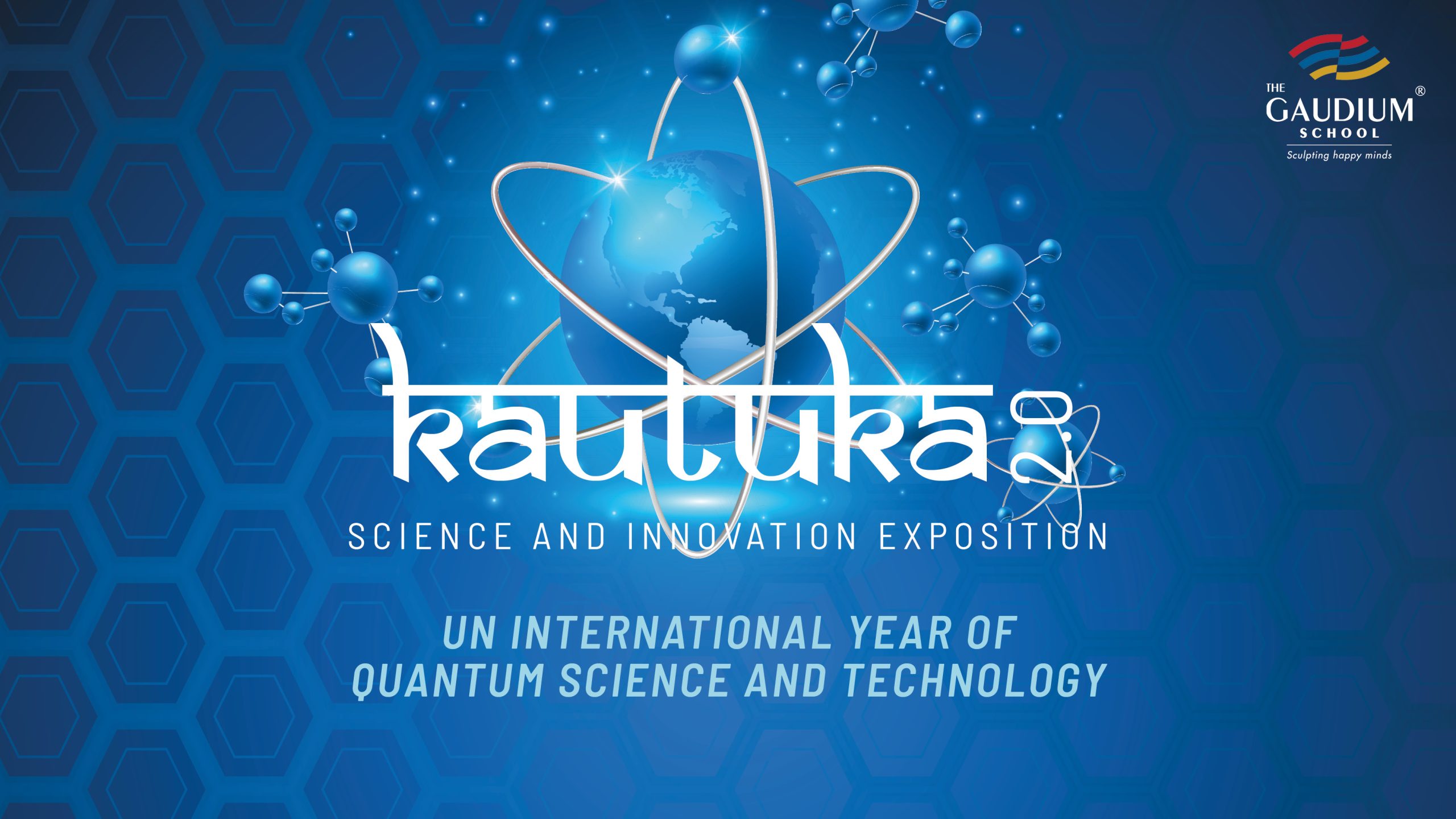
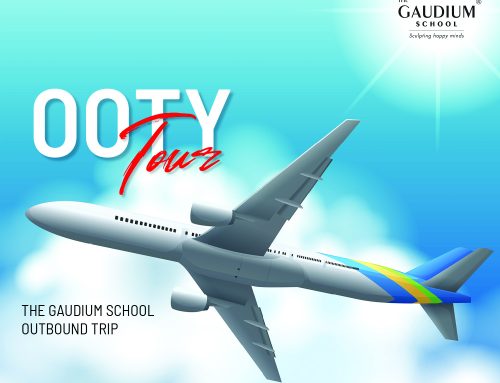
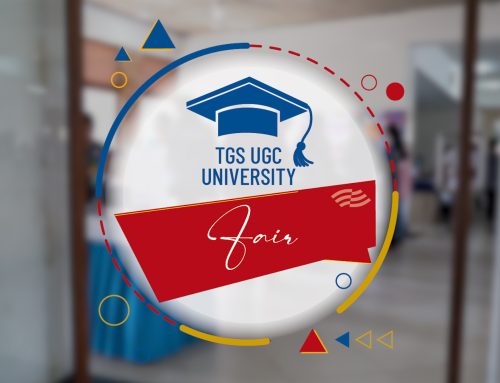
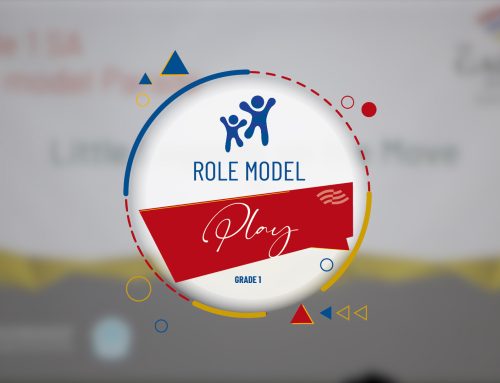
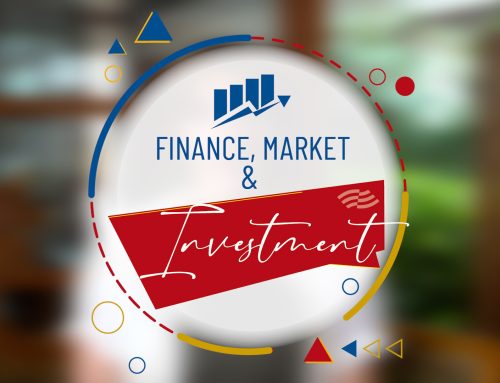

Leave A Comment